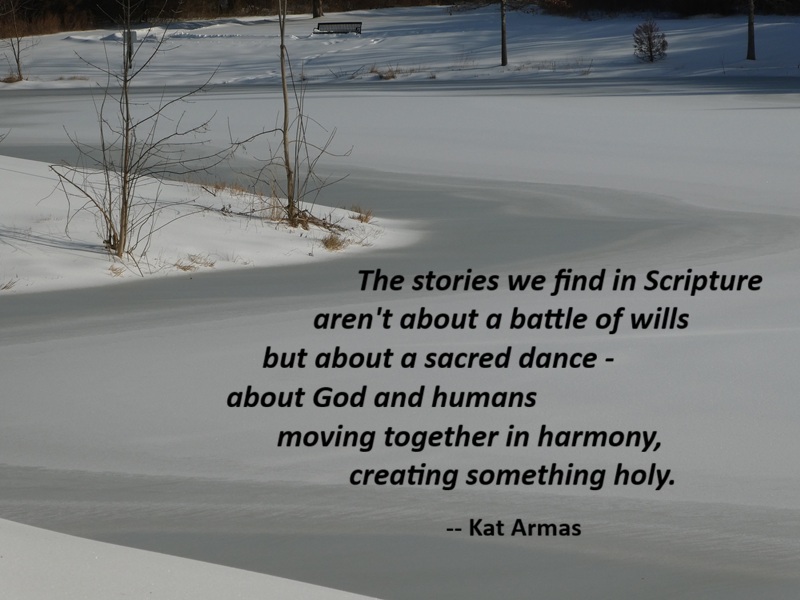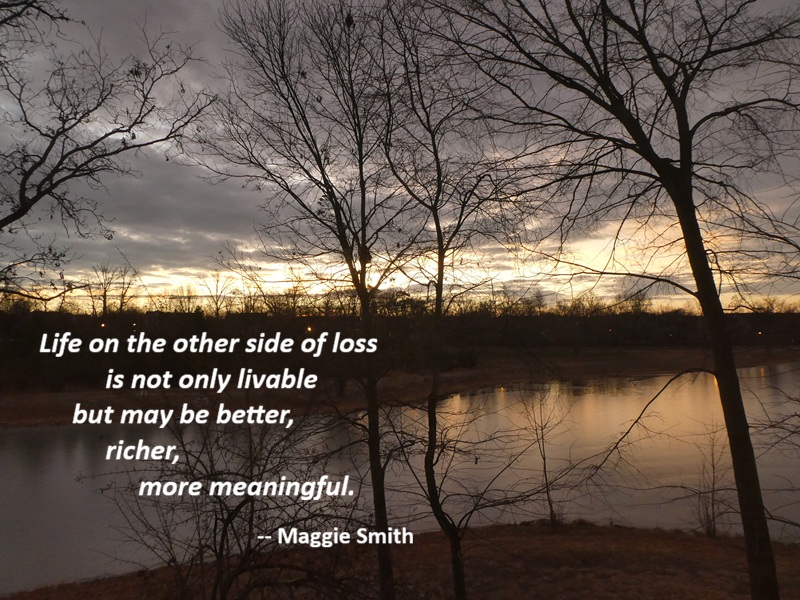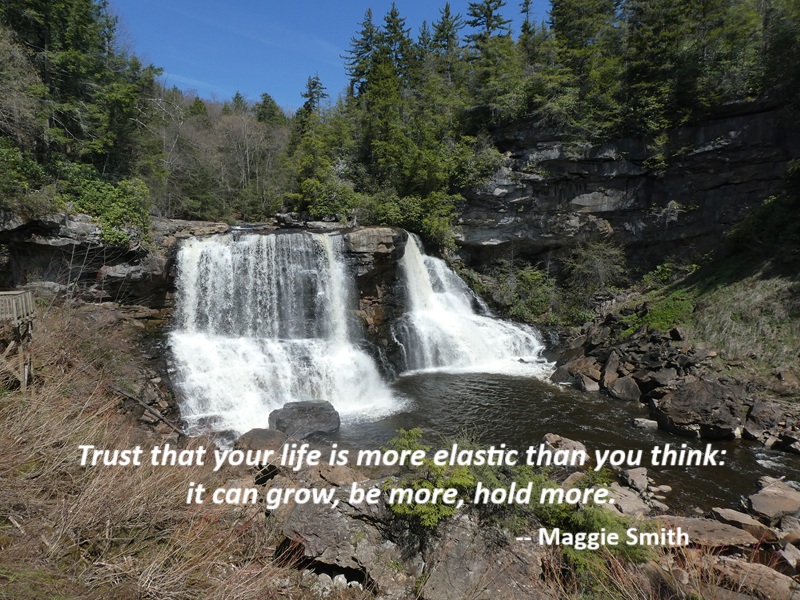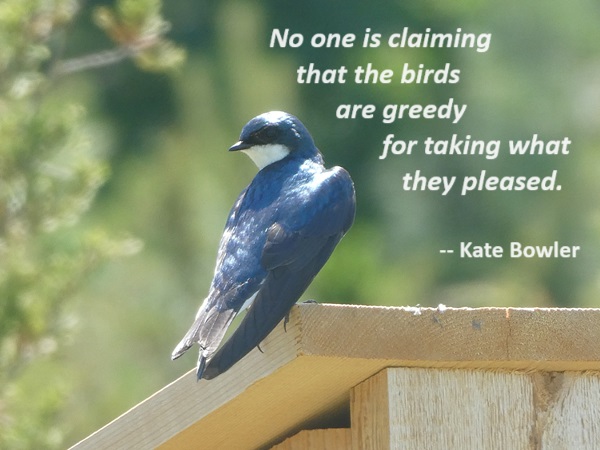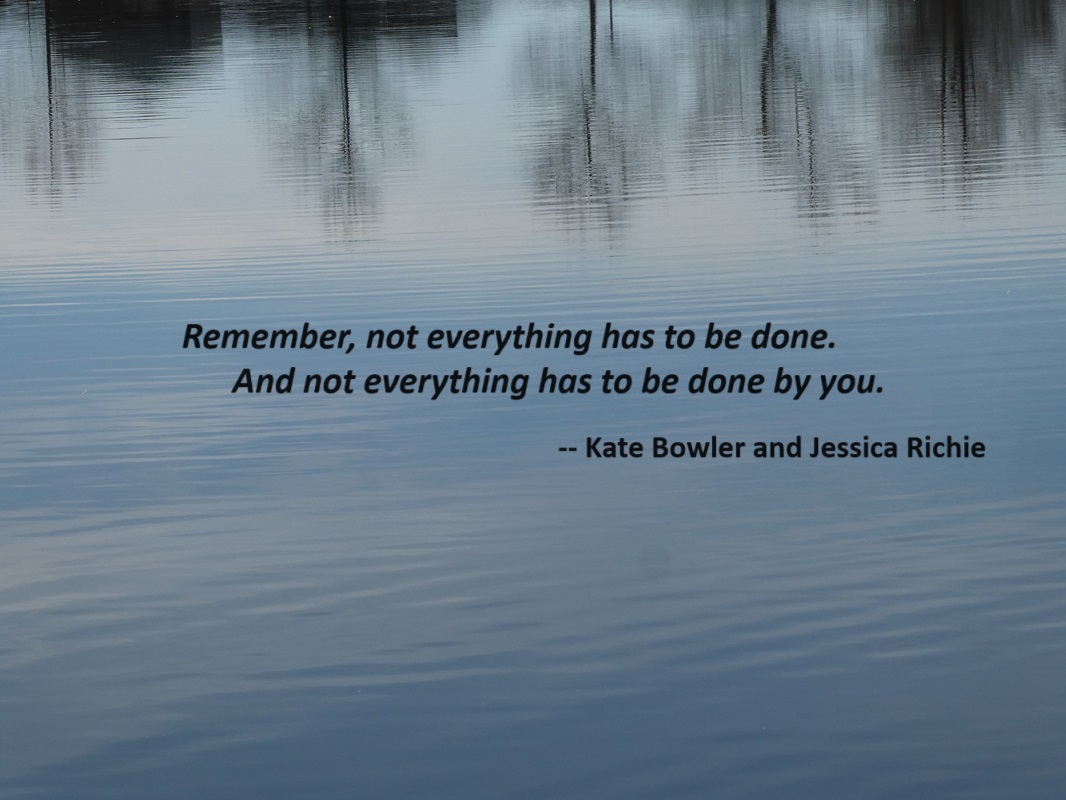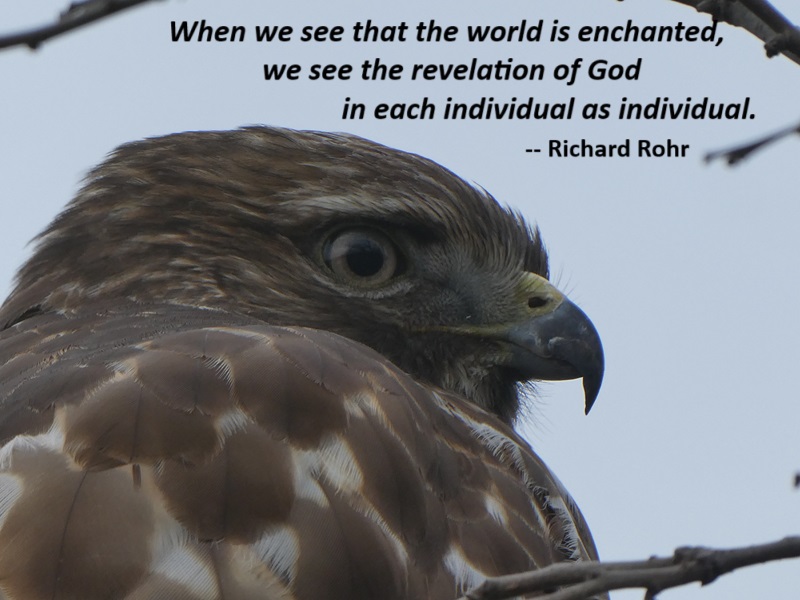
When civilization has flourished, when great music, art, and literature have emerged, it’s always when human beings have felt good about being human. Human is something great to be. Being human is just a little less than God (Ps. 8:5). That’s exactly what faith gives us, a kind of extraordinary dignity. It gives us a sense of our own meaning: religion calls us “sons and daughters of God.” If we can do nothing else, we can give that back to the world: that we are created in the image of God, we have come forth from God, and we will return to God. We reflect part of the mystery of God. We are unique and apparently will never be created again.
When we see that the world is enchanted, we see the revelation of God in each individual as individual. Then our job is not to be Mother Theresa, our job is not to be St. Francis – it’s to do what is ours to do. That, by the way, was Francis’s word as he lay dying. He said, “I have done what was mine to do; now you must do what is yours to do.” We must find out what part of the mystery it is ours to reflect. There is a unique truth that our lives alone can reflect. That’s the only true meaning of heroism as far as I can see. In this ego-comparison game, we have had centuries of Christians comparing themselves to the Mother Teresas of each age, saying that she was the only name for holiness. Thank God we have such images of holiness, but sometimes we don’t do God or the Gospel a service by spending our life comparing ourselves to others’ gifts and calls. All I can give back to God is what God has given to me – nothing more and no less!
— Richard Rohr, Everything Belongs, p. 96-97
Photo: South Riding, Virginia, December 25, 2024


